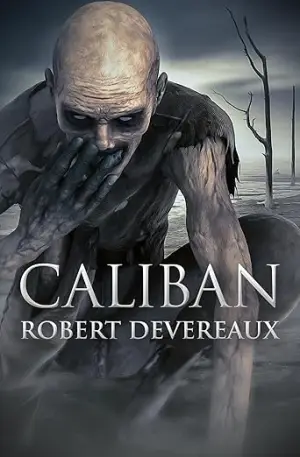Rediscovering Pride and Prejudice: A Timeless Treasure
As I settled in for yet another reading of Pride and Prejudice, I was reminded why Jane Austen’s work holds such a venerable place in my heart. There’s a particular charm in Austen’s ability to intertwine humor with sharp social commentary, and I find myself swept up in Elizabeth Bennet’s spirited journey time and again. From the very first sentence—“Any man in possession of a large fortune must be in want of a wife”—it’s clear that Austen is ready to dissect the intricate dance of wealth, class, and romance in early 19th-century England. It’s delightful, engaging, and, quite simply, perfection in a book.
At its core, Pride and Prejudice is not just a humorous romantic comedy; it’s a sophisticated exploration of pride, prejudice, and the societal mores that govern relationships. Elizabeth Bennet, with her sharp wit and refusal to conform to societal pressures, stands in stark contrast to Mr. Darcy, whose pride initially blinds him to her true worth. The dynamic between them is nothing short of extraordinary. Darcy’s insensitivity in his initial marriage proposal is iconic. Elizabeth’s response—“You are mistaken, Mr. Darcy, if you suppose that the mode of your declaration affected me in any other way, than as it spared the concern which I might have felt in refusing you”—is a masterclass in assertiveness and clever retorts.
Austen artfully weaves a tapestry of contrasting characters, from the absurd Mr. Collins to the charming yet flawed Bingley, allowing each interaction to highlight the weighty themes surrounding marriage and social expectation. My favorite moments often come from the humor threaded throughout: Mr. Bennet’s quips, particularly his line about having the highest respect for his wife’s “nerves,” are laugh-out-loud brilliant. It’s this blend of humor and insight that makes every page a pleasure.
What resonates with me is the balance of good and bad in Austen’s character portrayals; through her eyes, we see a society rife with both immorality and admirable principles. The way she critiques class differences, all while crafting a plot filled with romance and misunderstandings, is nothing short of genius. The depth of emotion and sharp commentary reminds me why this book is often regarded as a masterpiece in the "comedy of manners."
For anyone who sits down to read Pride and Prejudice—whether for the first time or the twentieth—you’re in for a treat. This is more than just a story about love; it challenges our understanding of pride and prejudice itself. As I’ve revisited it alongside Laura Greene’s mini-series adaptation (the one with Colin Firth, of course), I’ve found new layers of appreciation in the characters’ journeys.
In conclusion, Pride and Prejudice is a delightful choice for readers who savor rich character development, witty dialogue, and timeless themes. It’s a story that continues to resonate across generations, reminding us of the importance of self-awareness and the perils of misjudgment. This novel will always hold a special place on my bookshelf, and I recommend it to anyone looking to be charmed, entertained, and enlightened by one of literature’s finest voices. If you haven’t yet taken the plunge into Elizabeth and Darcy’s world, I wholeheartedly encourage you to do so—the journey is simply unforgettable.







